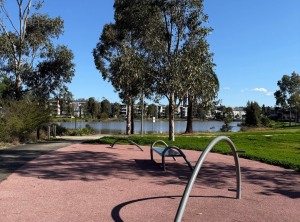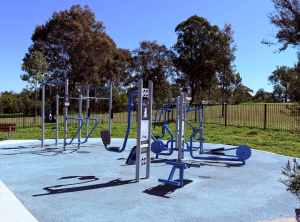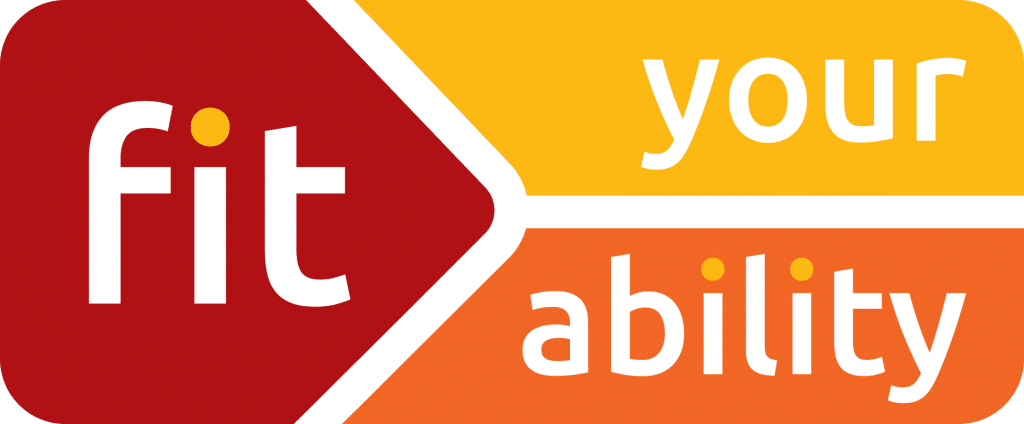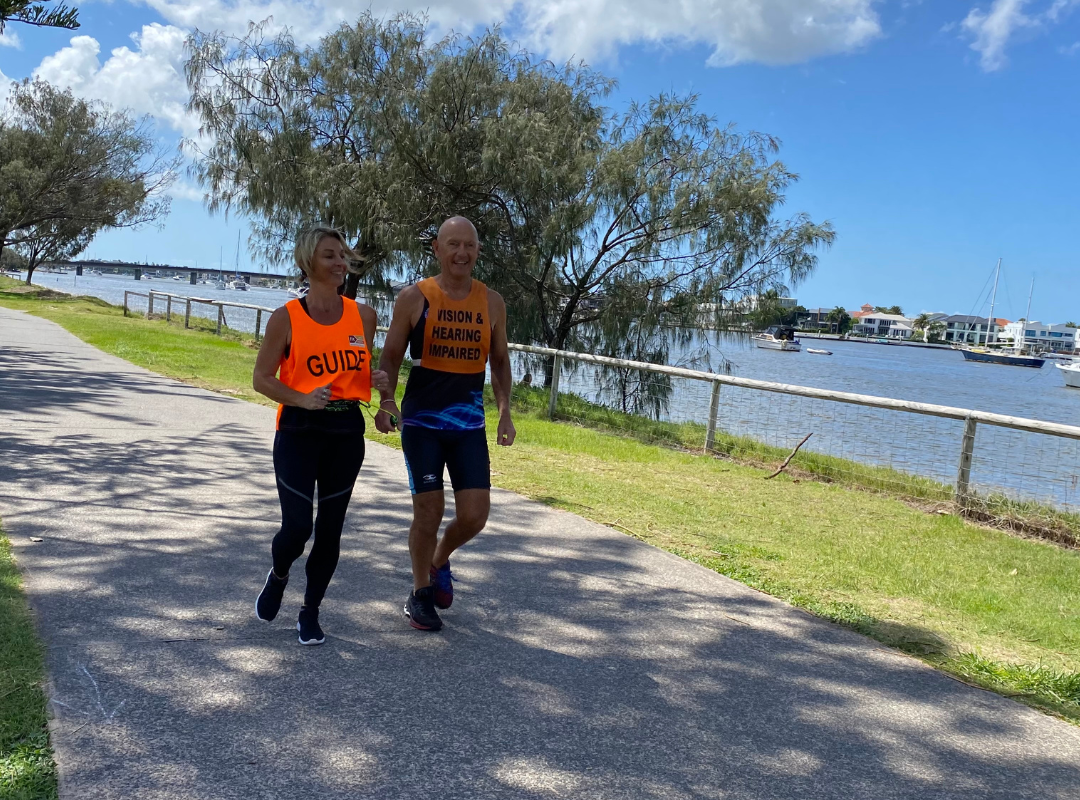The Importance of Sport for People with Disabilities
People with disability often face discrimination and negativity in society, and it can be difficult for them to find ways to feel included and accepted. One way to help them feel more included is through sports. Sport provides the opportunity to improve their physical health, socialise with others, and boost their self-esteem.
The Physical Benefits of Sport for People Living with Disabilities
People with disabilities have to deal with reduced mobility, which can lead to a sedentary lifestyle and a host of associated health problems such as obesity, heart disease, and diabetes. However, being physically active through sports can help reduce the risk of developing these conditions. Exercise also improves mental health by reducing stress levels and elevating mood. For them, who often face additional challenges in their lives, the benefits of maintaining good physical health are even more important. Fit Your Ability, a division of Fitness Enhancement, understands that people with disabilities face unique challenges when it comes to playing sports. Hence, our team of NDIS-registered Personal Trainers who have the necessary skills and experience to train people with a wide range of disabilities can help people with disabilities with specific training to improve their fitness for the needs of their specific sport. Whether you’re looking to compete in a particular sport or simply want to stay fit and active, we can tailor a training program to suit your needs. Our Personal Trainers are experienced in working with people of all abilities, and they’ll help you to develop the skills and confidence you need to reach your goals. So whatever your fitness level or sporting ability, Fit Your Ability can help you to get active and stay healthy. So come and see us today, and let us show you what we can do.
The Social Benefits of Sport for People Living with Disabilities
In addition to the physical benefits, sport also provides them with the chance to socialise and meet new friends. This is particularly important for those who live with a disability that makes it difficult for them to leave the house or participate in activities with able-bodied people. Participating in team sports can also help build confidence and improve communication skills.
The Emotional Benefits of Sport for People Living with Disabilities
Finally, sports can also have a positive impact on emotional well-being. Exercise releases endorphins, which have been shown to improve mood and alleviate anxiety and depression. For people with disabilities who often feel isolated and alone, this can be an invaluable benefit. Furthermore, taking part in sports can help boost self-esteem and confidence levels.
Sports organizations across the country have taken significant steps to create an environment of inclusivity. Among them, the city of Adelaide and its dedicated Personal Trainers stand out as examples of the transformative power that commitment to diversity and well-being can achieve – health and fitness for all abilities.
Sport provides numerous benefits, both physically and emotionally. It can help reduce the risk of developing chronic health conditions, make new friends, and boost self-esteem. Participation in sports should be encouraged for all people living with disabilities as a way to promote inclusion and good physical and mental health.
Related Posts

Inclusive Fitness in Jordan Springs Village Centre Lake
Inclusive Fitness in Jordan Springs Village Centre Lake If you’re looking for inclusive fitness options in Penrith, the Jordan Springs Village Centre Lake is the

David Currie Playspace: An Accessible Exercise Park in St Clair
David Currie Playspace: An Accessible Exercise Park in St Clair If you’re looking for an inclusive and accessible place to enjoy the outdoors in Western

Join Million Moves Now
Join Us for Million Moves 2025! Did you know 75% of Australians don’t get enough movement to meet the minimum exercise requirements?For people living with

